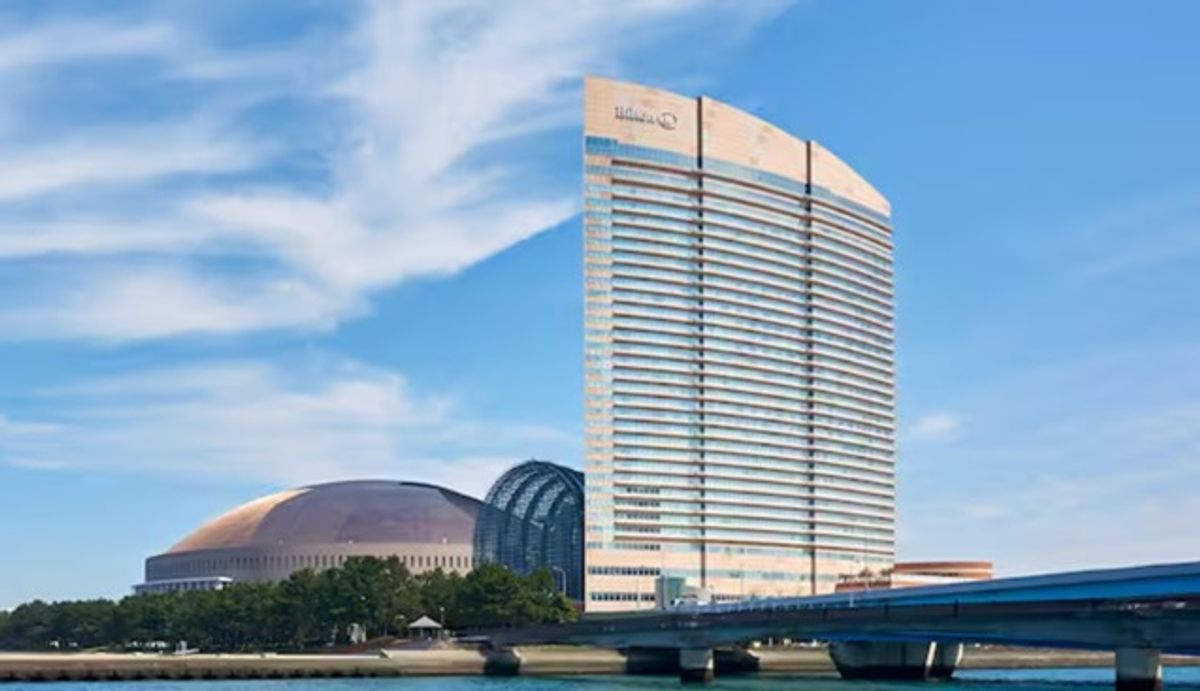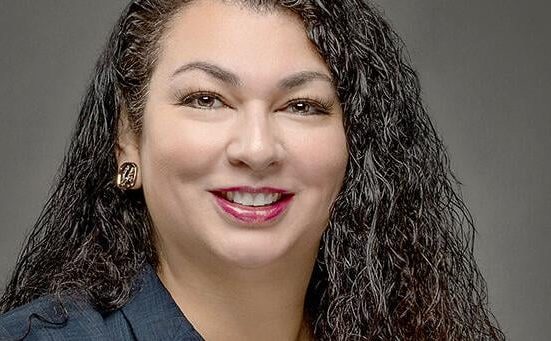JAPAN – Japan
is having another active hotel investment year with a bunch of mega and smaller
properties being put on the block while investors continue to see enormous
upsides to turn around “badly-run” hotels – to put it bluntly – into
money-making machines.
Whether
or not 2024 will turn out as another record year remains to be seen but the
market is heading upwards. Last year, transactions totaled JPY500 billion ($3
billion), a 240% increase over 2022. This smashed the previous record in 2019
by 4%, according to CBRE.
Mega
assets that are expected to change hands this year include the 1,016-room
Sheraton Grande Tokyo Bay – tipped to be a $700 million to $800 million
transaction – and the 882-room Grand Nikko Tokyo Daiba, an urban resort in
Odaiba.
In
Fukuoka, SC Capital Partners is said to be the likely new owner of the
1,053-room Hilton Fukuoka Sea Hawk, for which it is speculated to pay nearly
JPY70 billion (US$443 million) versus an ask of JPY85 billion (US$538 million) to
JPY90 billion (US$570 million). The hotel is owned by Singapore’s sovereign
fund GIC.
We are focused on opportunities where we can do value add. We will never really stop buying Japan [hotels] just because there are always older hotels that require capex.
Shirley Gu
But
SC Capital Chairman and Founder Suchad Chiaranussati, speaking at the recent
South East Asia Hotel Investors’ Summit in Bangkok, said it was still a
“rumor.” Nevertheless, he spelled out why SC Capital was interested. One reason
is the hotel is part of a 170,000 sqm entertainment complex that includes a
mall and a dome stadium that is home to Fukuoka SoftBank Hawks baseball
team.
“We
have six hotels in Fukuoka [under a local brand] with 1,600 rooms. If we could
work with the dome [stadium] to get more MICE and concerts, we could get an
overflow [of guests] to the six hotels, which we quite often do [when the
sporting event is held],” Chiaranussati said.
SC
Capital is planning to buy six more hotels in Japan this year with a total of
2,000 rooms. Last year, the company acquired 36 hotels, including Daiwa House
Industry’s 27-hotel portfolio which, at $900 million, was the largest hotel
transaction in Japan in 2023.
Blackstone
Real Estate also wants to buy more. Managing Director Shirley Gu told the
audience that her criteria are “under-managed properties in well-located
places.”
“We
are focused on opportunities where we can do value add,” Gu said. “We will never
really stop buying Japan [hotels] just because there are always older hotels
that require capex.”
Gu
shared that by putting in $30 million capex in renovating one of the firm’s
assets in Kyoto, the ADR shot up by 30%. Another Kyoto hotel was built for
business travelers, thus had more single rooms. But Kyoto being a tourist
market, 30% to 40% of the rooms have been converted to a double room, and
occupancies rose by 20% to 30%, she said.
Value
enhancing drive
Paradoxical
as it may sound, investors like Japan because many of the hotels lack
efficiency and are local brands that aren’t familiar to rising numbers of
foreign visitors. For investors, “value enhancing” is part of Japan’s solid
fundamentals that include strong domestic and foreign arrivals, cheaper
currency that translates to 50% lower prices, and rising middle class in India
and Southeast Asia which they believe will push international visitor numbers
to beyond 40 million by 2030.
Take
the latest Japan transaction in early June by AXA IM Alts, the alternative
investment manager of insurer AXA Group. In buying a 183-room Kyoto hotel, its
head of Asia Pacific, Laurent Jacquemin, in a statement emphasized the ability
to do “value enhancing” and “repositioning in a market characterized by a scarcity
of foreign-brand hotels.”
I will look for a hotel that has a lot of inefficiencies. I’m willing to pay a bit more and go in and remove those inefficiencies in order for us to make money, rather than buy a hotel that’s very efficiently run [thin cap rate] because the world in the next the next three to four years would be quite volatile.
Suchad Chiaranussati
The
firm paid JPY6.8 billion (US$43 million) for the hotel, including cost of
refurbishment, and will rebrand it as Holiday Inn Gojo upon upgrading in early
2025.
When
asked to pick one hotel type to buy, Chiaranussati said, “I will look for a
hotel that has a lot of inefficiencies. I’m willing to pay a bit more and go in
and remove those inefficiencies in order for us to make money, rather than buy
a hotel that’s very efficiently run [thin cap rate] because the world in the
next the next three to four years would be quite volatile.”
Efficient
hotels have a low operating margin, hence less room for profit growth. But giving
a few examples of inefficiencies, the doyen of Asian hotel investors said he
saw one hotel company in Japan having nine staff at the headquarters, whereas
SC Capital’s own hotel management arm has one. And up until two years ago, some
domestic hotels in Japan still didn’t use OTAs and have staff in the office
making sales calls.
SC
Capital is said to have cut 1,100 staff following the Daiwa acquisition, saving
$75 million within three months. The hotels, now branded Mercure and Grand
Mercure, are also working to increase their low levels of foreign guests.
Chiaranussati
believes the future is about not only removing inefficiencies but in offering
experiences. Hence, SC Capital, which is already well covered in major cities,
will seek hotels in secondary locations.
“It’s
no longer about buying in a major city for us but buying an experience. If you’ve
been to Tokyo for the fifth time, you’d probably ask yourself, what is beyond
Tokyo? That is the motivation for us to acquire the Daiwa hotels,” he said,
hailing some of the hotels’ locations such as the Noto peninsula or the Issey
peninsula as among the most beautiful areas in Japan.
Chiaranussati
has mandated that each of the 27 hotels list on their website all the hidden
gems within an hour gradient of the property, be it good restaurants,
hot-springs, sake or jewelry shops, festivities, et cetera, so that all guests
will know why they are going there. “Japan is extremely attractive. I want to
bring up [that beauty] and share it with the rest of the world,” he said.
Not
without challenges
While
Japan clearly remains a buy, the biggest risk, geopolitics aside, is if the U.S.
lowers interest rates, which will make the Japanese Yen more expensive,
according to Daniel Voellm, CEO and Founder of AP Hospitality Advisers.
This [lower U.S. interest rates] may have knock-on effects on tourism, particularly from the more rate-sensitive regional tourist markets that recently discovered Japan.
Daniel Voellm
“This
may have knock-on effects on tourism, particularly from the more rate-sensitive
regional tourist markets that recently discovered Japan,” Voellm told Hotel
Investment Today. “As a result, new hotel development may become less attractive,
and operators may be forced to lower rates [in yen]. When that will happen, and
what the extent will be, no one knows, but most investors seem unfazed at this
stage.”
And
while investors seek to remove inefficiencies, including cutting bloated labor
costs, the irony is staff shortages are the biggest challenges. Gu sees this at
some of Blackstone’s hotels in Japan that have listed vacancies for more than a
year. “We’ve been extra focused on hiring more and retaining talent,” she said.
Yet,
it’s the local operators who appear more able to retain staff. Blackstone works
with both international and local brands. “During COVID-19, the local operators
treated their employees so well that currently all our domestic hotels actually
don’t have any problem with labor shortage. People love working for these
domestic operators. They feel very good and proud to be part of these hotels,” Gu
said.






